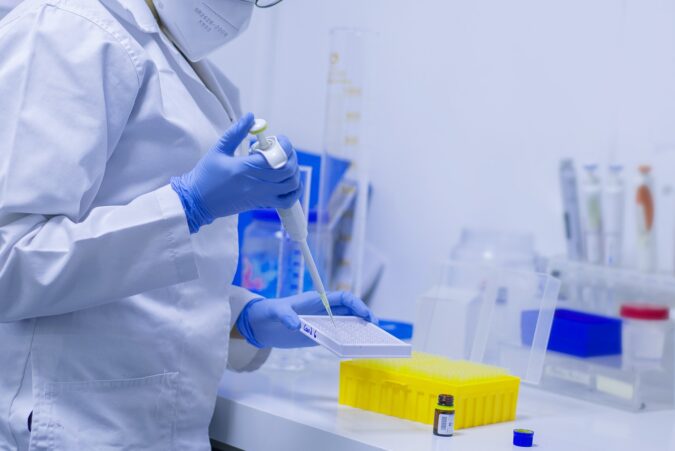A British bioethicist is warning that extending a 14-day limit on experimenting on human embryos will “strip away one of the few remaining limits to injustices committed against embryonic human beings.”
For 40 years, the International Society for Stem Cell Research banned experimenting on human embryos that are more than 14 days old. On May 26, it lifted the prohibition and called for greater discussion on the issue.
David Albert Jones, the head of the Oxford-based Anscombe Bioethics Centre, said the decision was the latest in a series of changes that amounted to a “shifting goalpost” on human embryonic research.
“When the UK legalised experimentation on human embryos in 1990, it was promised that this would be subject to various ‘safeguards’: 1) No human embryo would be created by cloning; 2) No human embryo would be genetically modified; 3) No part-human, part-nonhuman embryo could be created; 4) The use of human embryos in assisted reproduction and in research would be regulated with the utmost care; 5) And, most famously, no experimentation on human embryos would be permitted after 14 days,” he said in a statement.
















